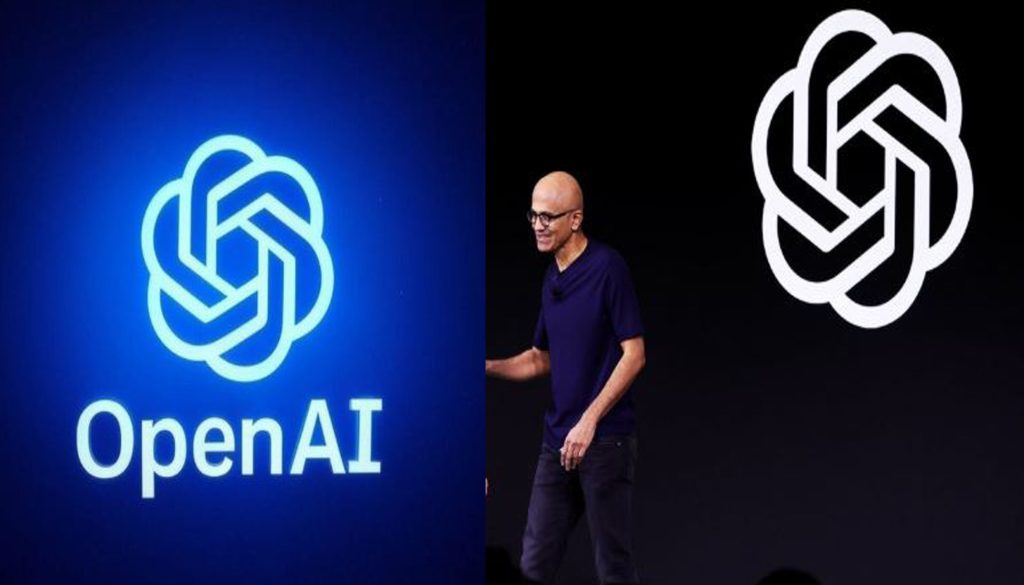
OpenAI Enters the Smart Browser Arena
Recent reports indicate that OpenAI is developing an AI-powered web browser set to launch in the coming weeks—a move that could disrupt the browser market, currently dominated by Google Chrome. This development aligns with OpenAI’s strategy to expand into consumer-facing products rather than solely focusing on developer tools.OpenAI’s New Browser Challenges Chrome’s Dominance
Expected Launch Details
According to sources familiar with the matter who spoke with TechCrunch, OpenAI’s new browser is expected to debut within the next three weeks, with a potential official unveiling by mid-July 2025. The timing coincides with the anniversary of ChatGPT-4’s release, suggesting it could be a flagship product for the company.OpenAI’s New Browser Challenges Chrome’s Dominance
Features of the AI-Powered Browser
1. Deep AI Integration
The new browser will include advanced features such as:
- A built-in AI assistant in the address bar
- Automatic content summarization
- Instant answers without needing to visit websites
- Enhanced security with built-in cyber threat protection
2. Intuitive User Interface
The design will prioritize simplicity while offering advanced customization options for power users, allowing personalized browsing experiences.
3. Stronger Privacy Protections
The browser will emphasize data protection and minimize ad tracking, directly challenging Google’s ad-based business model.
Challenges OpenAI Faces
1. Fierce Competition
OpenAI is entering a market dominated by tech giants:
- Google Chrome (~65% market share)
- Apple Safari (18%)
- Microsoft Edge (4.5%)
2. Monetization Uncertainty
The company has yet to reveal its revenue model—whether it will rely on subscriptions, premium features, or alternative funding.
3. Technical Hurdles
Ensuring speed and security while running AI features will require significant computational resources.
Industry Reactions
1. Expert Analysis
Mark Weber, a tech analyst at Gartner, states: “This is a logical move for OpenAI to control the end-user experience rather than depending on third-party platforms.”
2. Google’s Response
Google has not issued an official statement, but internal sources suggest accelerated AI integration plans for Chrome.
3. User Sentiment
Early polls show enthusiasm among developers and tech enthusiasts, while some casual users express concerns about complexity.
Potential Market Impact
1. Reshaping the Browser Landscape
Even a small shift in Chrome’s user base could significantly alter market dynamics.
2. Accelerating AI Innovation
Competitors may fast-track their own AI-enhanced browsing solutions in response.
3. Disrupting Digital Advertising
Privacy-focused browsing could challenge the targeted ad model that dominates the web.
The Future of OpenAI’s Browser
1. Expansion Plans
The initial release will likely target individual users, with enterprise versions coming later.
2. Integration with Other Products
The browser may seamlessly connect with OpenAI’s ecosystem, including ChatGPT and DALL-E.
3. Continuous Updates
Regular feature rollouts and user feedback implementation will be key to long-term success.
Conclusion: A New Era for Web Browsing
An AI-native browser marks a major milestone in tech, potentially transforming how we interact with the internet. While challenges remain, OpenAI’s entry could drive innovation, offering users smarter, more secure ways to browse.
FAQ
Q: When will OpenAI’s browser be available?
A: An official launch is expected within the next three weeks.
Q: Will it be free?
A: Pricing details are unconfirmed, but a free base version with premium upgrades is likely.
Q: How will it outperform existing browsers?
A: It will focus on built-in AI tools, privacy, and a more personalized experience.
Q: Will it support all devices?
A: A desktop version may come first, with mobile support following later.
Q: What does this mean for developers?
A: New opportunities may arise for creating extensions and apps optimized for OpenAI’s platform.

[…] breakthrough could pave the way for smarter, greener data centers, balancing performance and sustainability in the age of […]
[…] could redefine the future of electric vehicles (EVs), Toyota has announced the development of all-new solid-state batteries capable of charging in 10 minutes or less, addressing one of the biggest challenges in the global […]